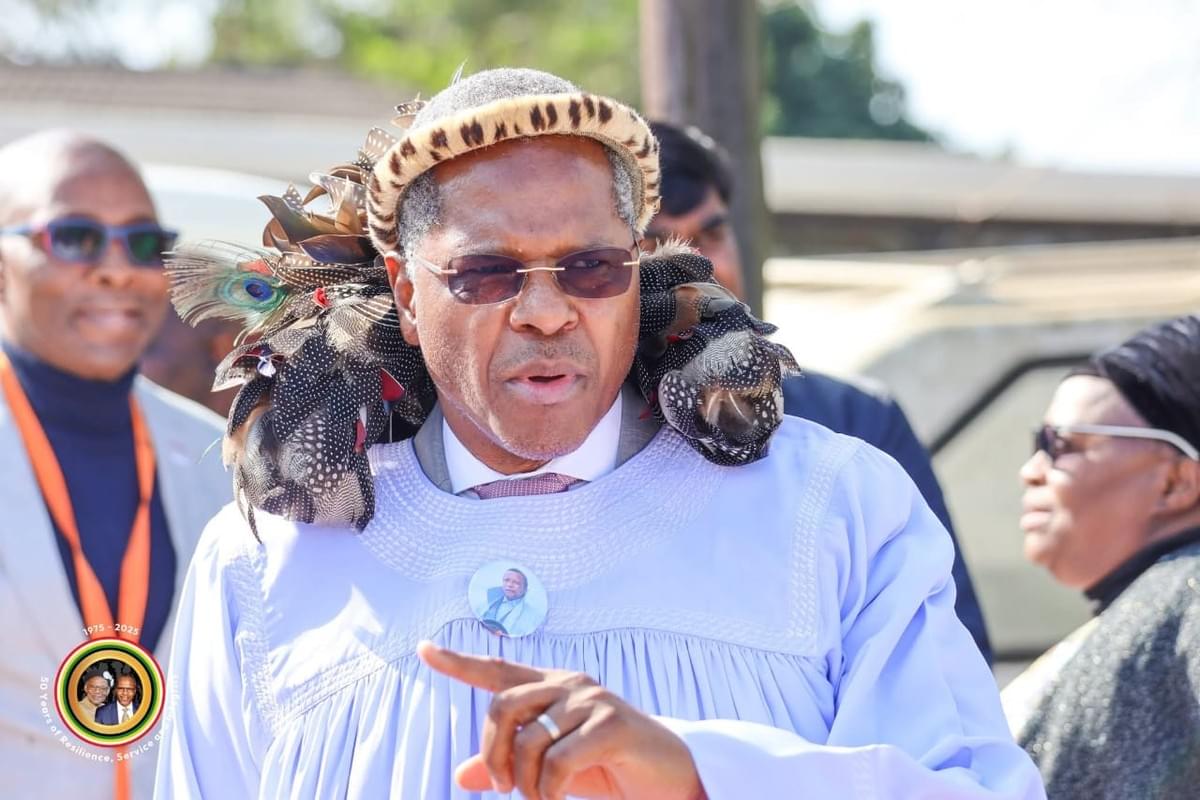
Yesterday was the Sabbath. For many, Saturday may be just another day of the week, but for those of us who fellowship through the sacred traditions of the Shembe Church, it is a holy time.
A moment where we return to God, where we embrace stillness, community, and spiritual obedience. It is a time of barefoot prayer, sacred song, and ancestral reverence. And on this particular Sabbath, something extraordinary happened: our leader, the Honourable Minister Velenkosini Hlabisa, President of the Inkatha Freedom Party, entered the grounds of Ebuhleni.
As I watched this moment unfold through social media platforms, imagining myself in my white umnazarethe, feet to soil, my heart full of reverence, I felt something shift. President Hlabisa's visit was not a gesture for publicity or protocol — it was a deeply spiritual alignment.
He stepped into a space that I have long known as sacred, and in doing so, he affirmed not only my journey, but the journeys of thousands who have followed the Shembe way. I have seen him in this space before. But on this day, it was different. It was a reminder that the spirit is not separate from leadership, and that the Shembe path is not on the margins of our national story — it is at its soul.
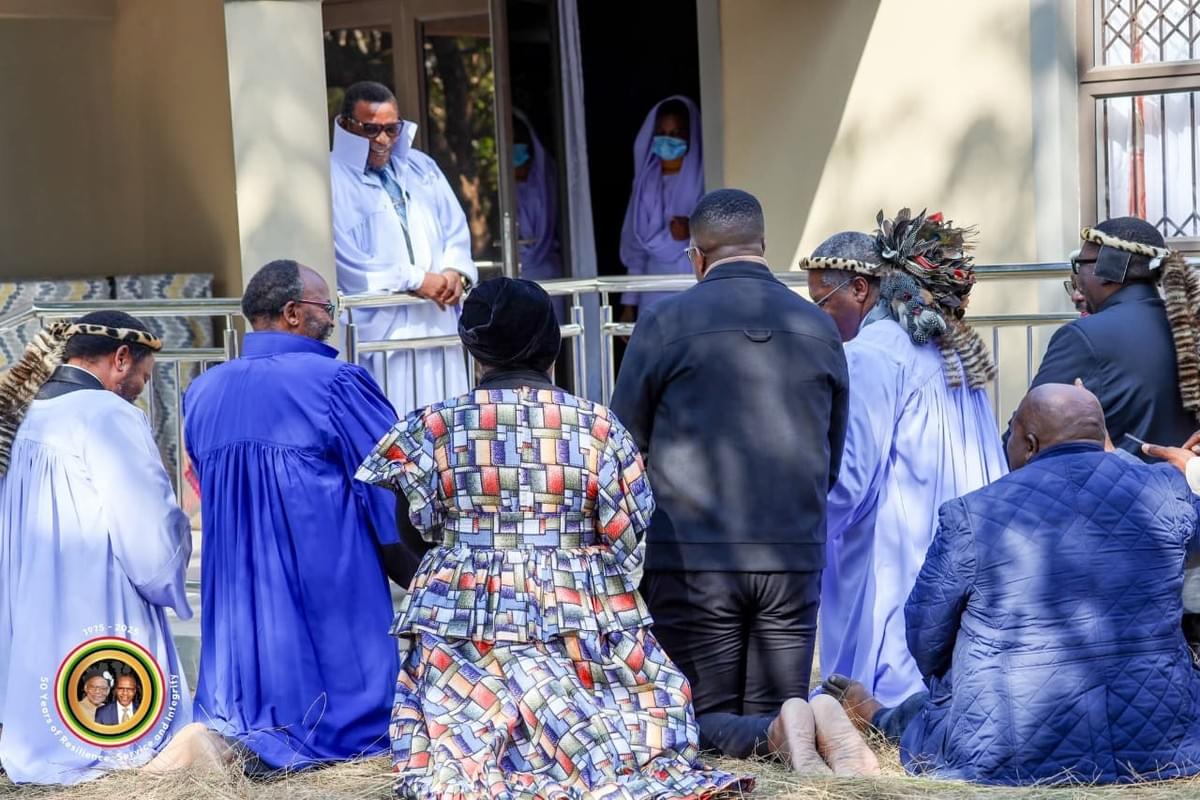
My own personal journey to the Shembe Church has been a sacred unfolding of identity and purpose. Rooted in African spirituality and ancestral guidance, I was drawn to this faith not through sudden conviction, but through a deep sense of belonging. With every step into this sacred space, I felt a strengthening of my values — values that honour culture, community, and spiritual discipline.
Today, I am a proud Shembe woman, clothed in sacred garments that connect me to my heritage. I have found my spiritual family in Khayelitsha in the Western Cape, where I worship every Sabbath. I walk this path barefoot not just in honour of tradition, but as a personal affirmation of humility, devotion, and truth.
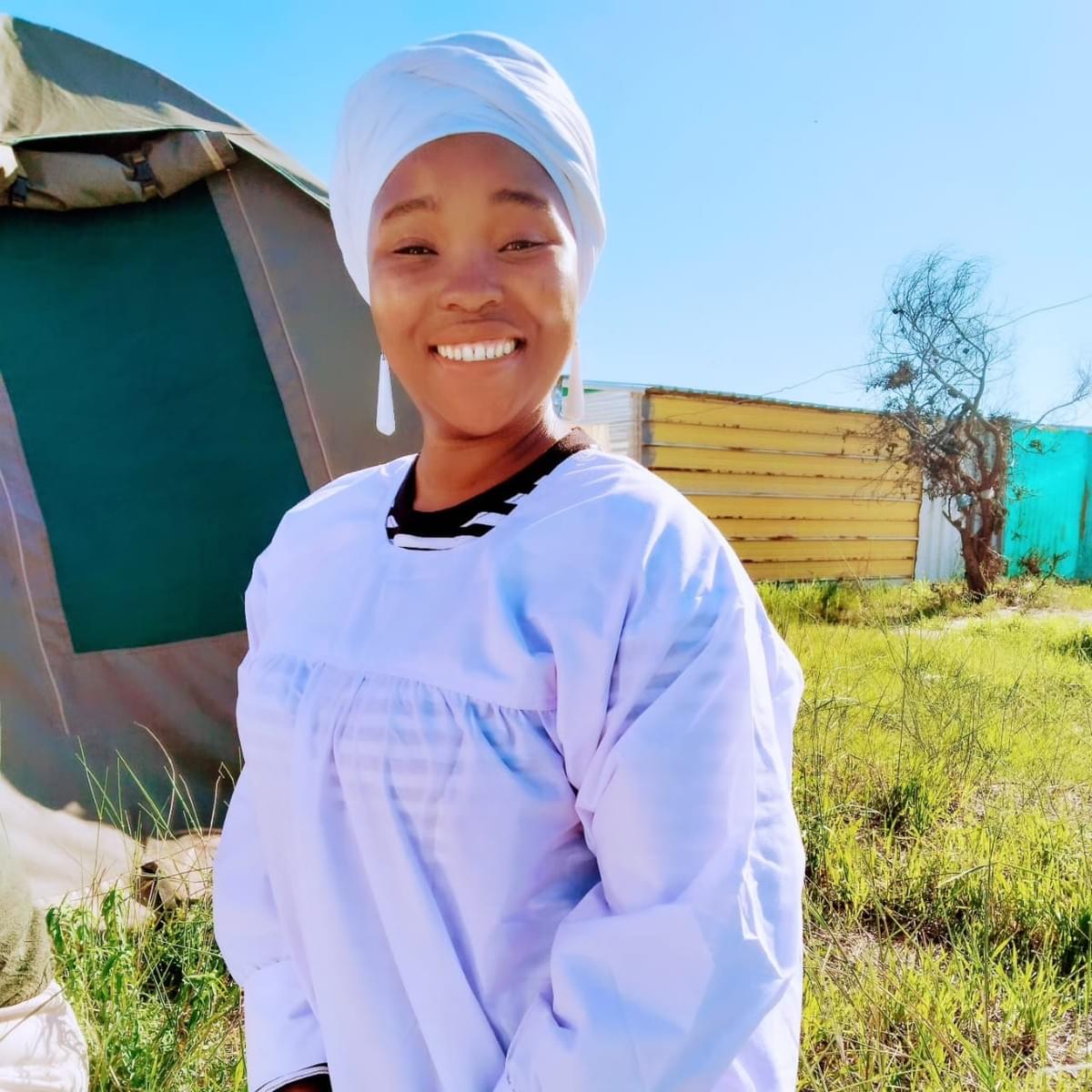
What makes this journey even more significant is how deeply it resonates with the foundational values and policies of the Inkatha Freedom Party. The IFP doesn’t merely acknowledge religion and culture — it actively protects them. It stands firm in affirming the right of every South African to worship freely and remain rooted in their cultural identity, without fear or apology.
In a world that often pushes aside tradition in the name of progress, the IFP continues to say, "Let our people be."
This affirmation isn't abstract policy for me — it is deeply personal. It reminds me that my journey is not only spiritual but also political. And in the IFP, those two paths are not in conflict. They walk side by side.
Seeing President Hlabisa walk the very path that so many of us spiritually traverse was profoundly moving. It was a declaration — not just to the Shembe nation, but to the country — that leadership and spirituality can be intertwined.
That true leadership doesn’t observe sacred spaces from afar; it enters them humbly and respectfully. President Hlabisa did not simply attend the gathering; he became part of it. And in doing so, he honoured all of us who call this path our own.
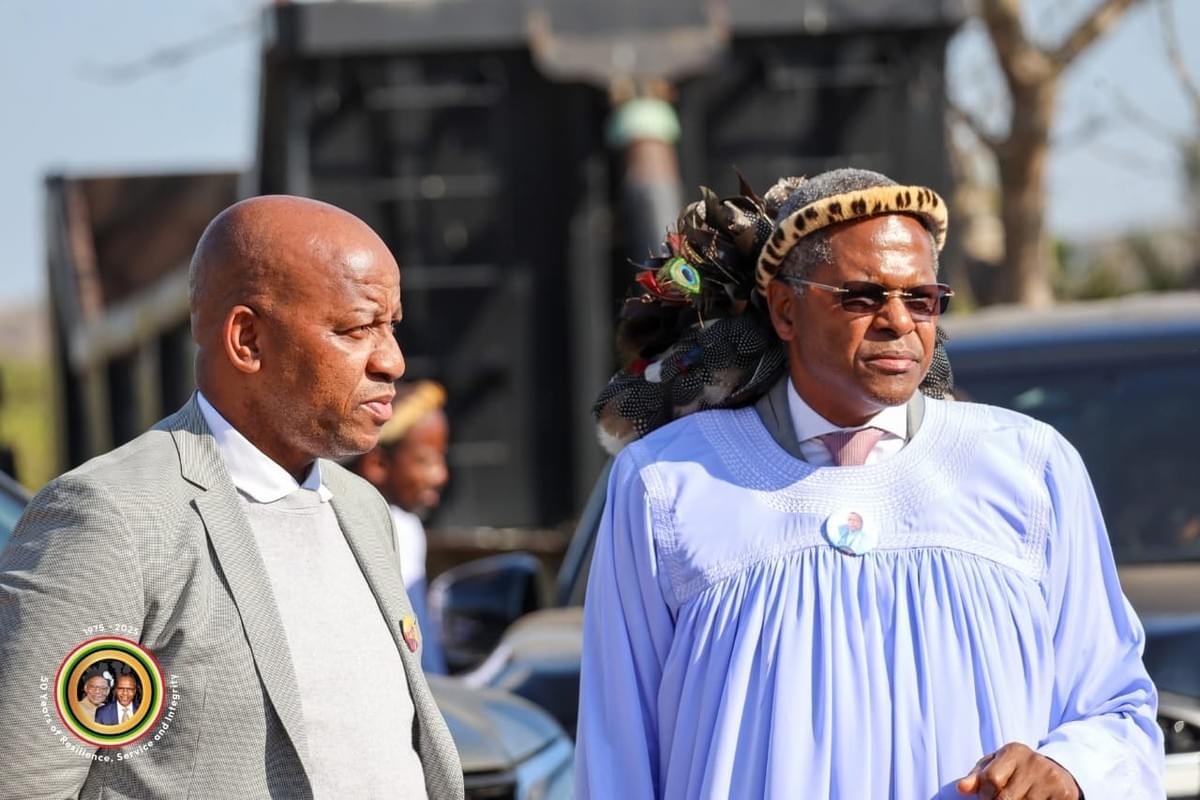
This moment also holds historical and emotional weight. The IFP, under the late Prince Mangosuthu Buthelezi, has long championed the role of traditional leadership and African spirituality. That legacy lives on today in President Hlabisa, who continues to lead with reverence, cultural integrity, and a spirit that echoes the soul of the people he serves. The IFP believes in the freedom of religion.
We believe that governance must never erase people’s beliefs, but uplift and protect them. That our people must never be made to choose between their culture and their citizenship. Our policies on religion, culture, and tradition are a reflection of who we are: a party that understands that the spirit of the people is the foundation of the nation.
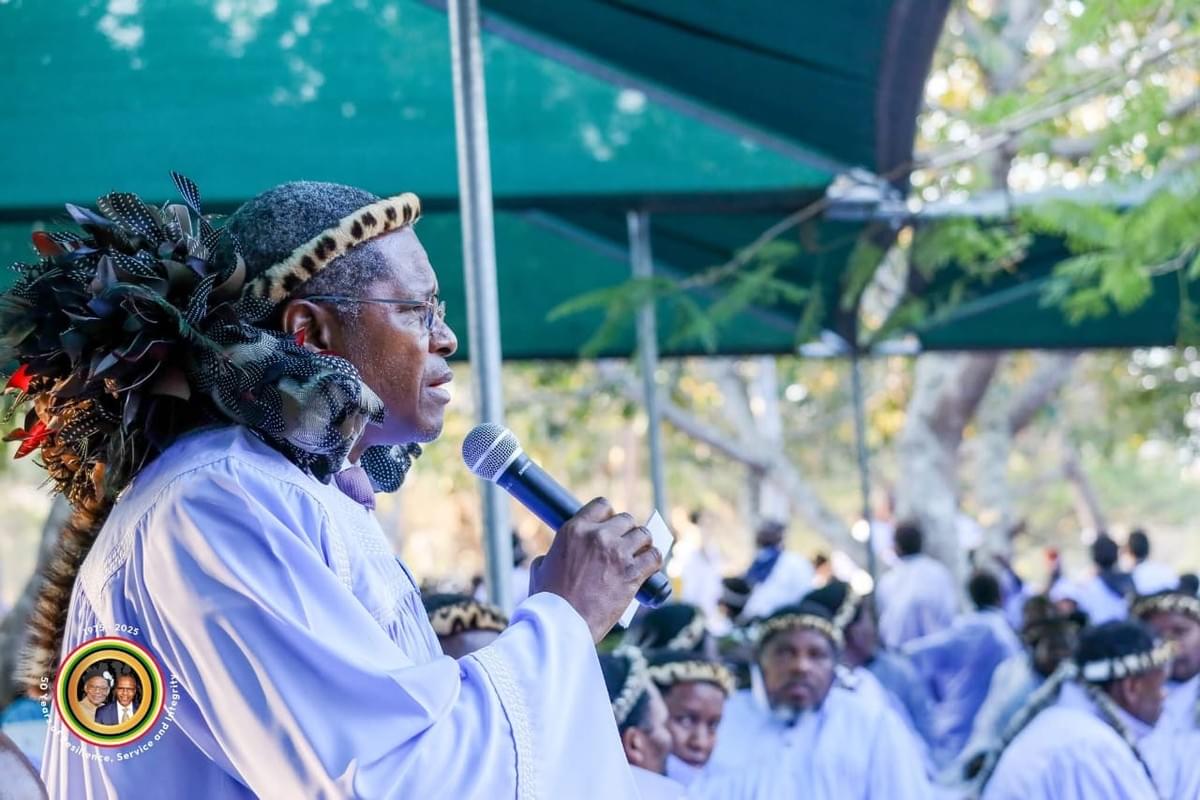
On the 1st of July, while strutting the streets of Durban — having gone into town on a tip that I might find a new isihlabelelo, the sacred hymn book of our church — I was gently redirected by spirit and circumstance. That ordinary errand led me to eBuhleni, the revered village of the Shembe people in Inanda, right in the heart of the sacred uMdedele gathering.
I walked up the hill with my heart full and my steps trembling. It was the most holistic and spiritual experience of my life. To walk that path, to stand on the sacred ground of eBuhleni, surrounded by fellow believers, was like stepping directly into a dream my ancestors had long whispered to me.
And yesterday, to witness my own political president, uMongameli Velenkosini Hlabisa, and other senior leaders of the IFP walking the same sacred path, standing in the same holy space, was deeply emotional and fulfilling. It brought my journey full circle. Because when you walk a spiritual road and your leader walks beside you, it affirms that you are not only seen — you are spiritually led.
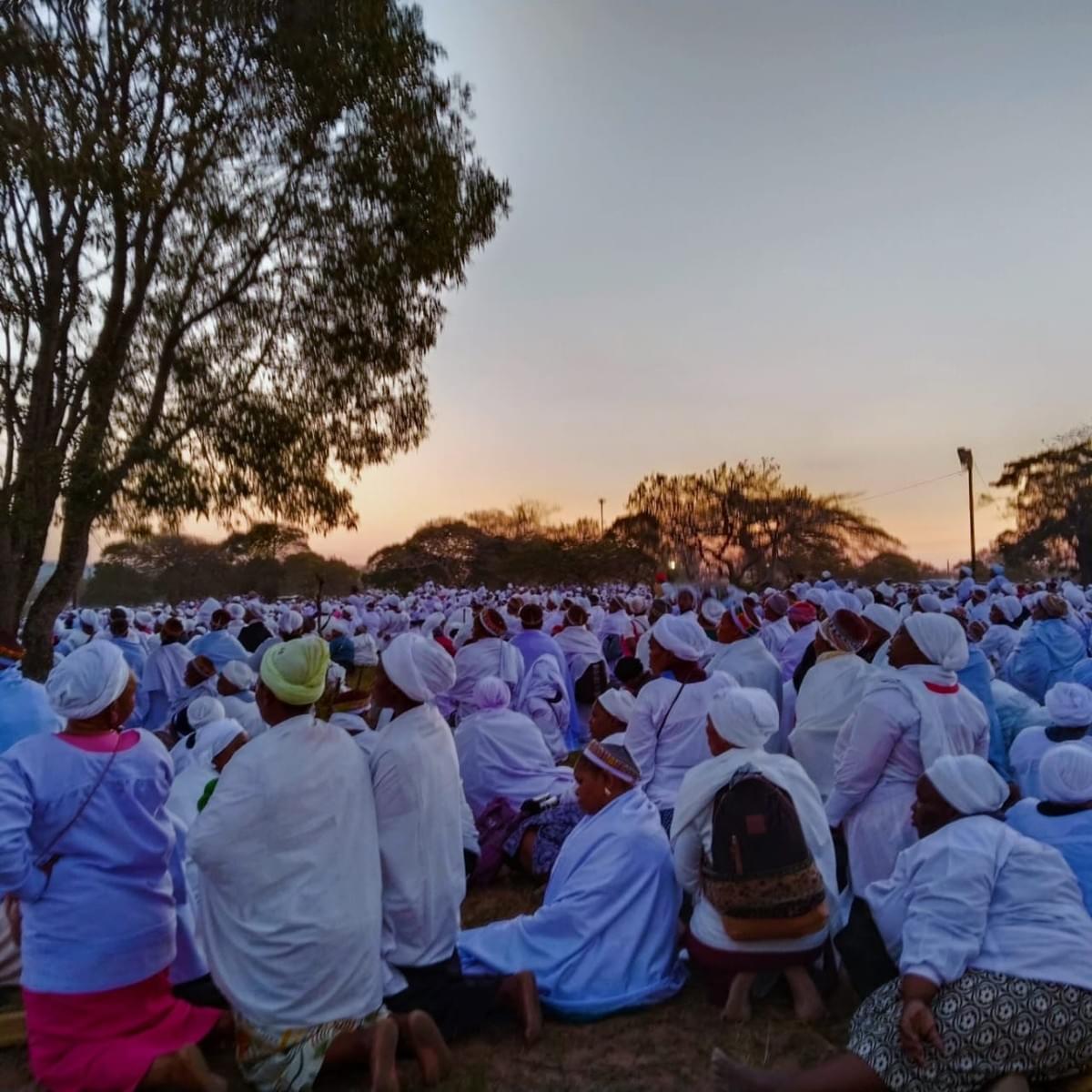
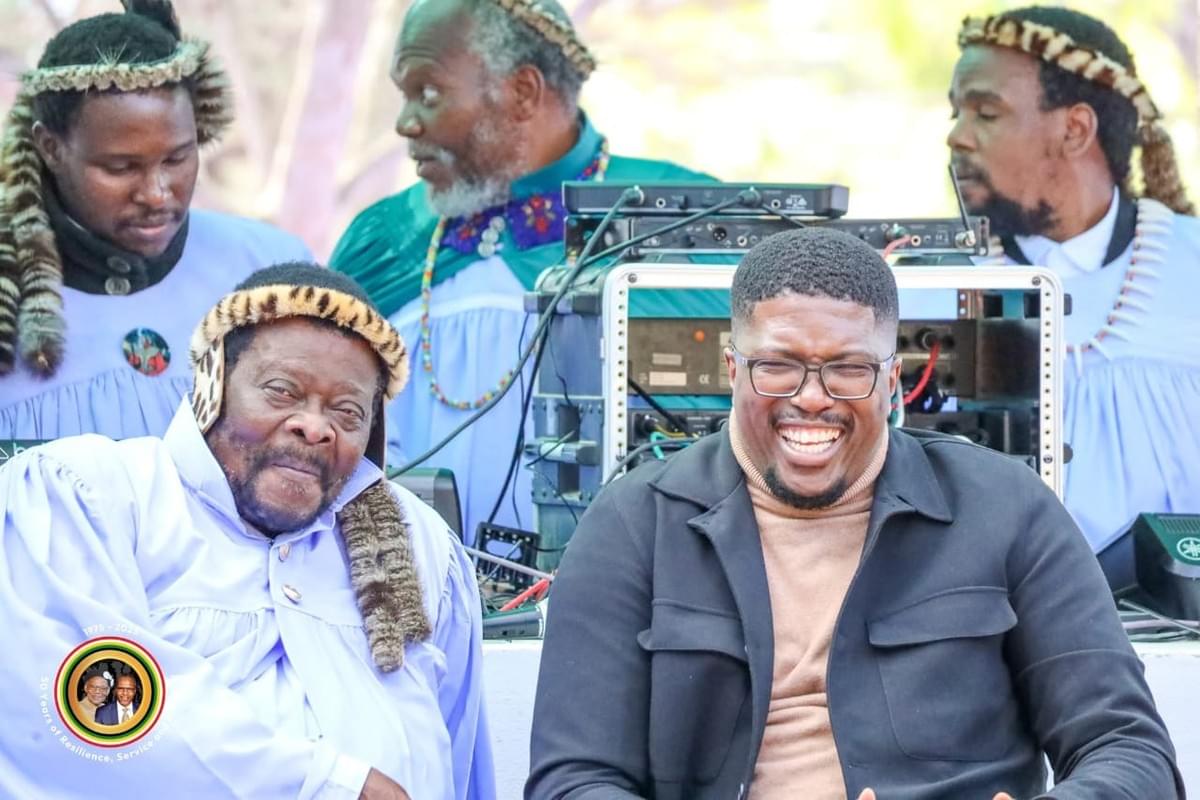
After witnessing what I did yesterday — the IFP leadership walking the sacred ground of eBuhleni, where I too once stood — something within me was renewed. A quiet confirmation washed over me: that my journey into Shembe was never accidental. It was guided, purposeful, and deeply aligned with a higher calling.
This journey is not mine alone. It is the story of many South Africans who hold on tightly to their culture and spirituality in the face of a world that often asks us to let go. It is the story of a political home — the IFP — that does not demand such surrender, but rather honours and protects it.
To see a political movement that walks alongside the spiritual path of its people is rare. And yet, with the IFP, it feels natural. It feels right.
In that moment, everything came together: the faith, the footsteps, the leadership, the purpose. It was no longer just about religion or politics — it was about honouring the sacredness of who we are.
It reminded me that the path of Shembe and the path of ethical leadership are not parallel; they are intertwined. And in that sacred alignment, our future holds power, dignity, and peace.
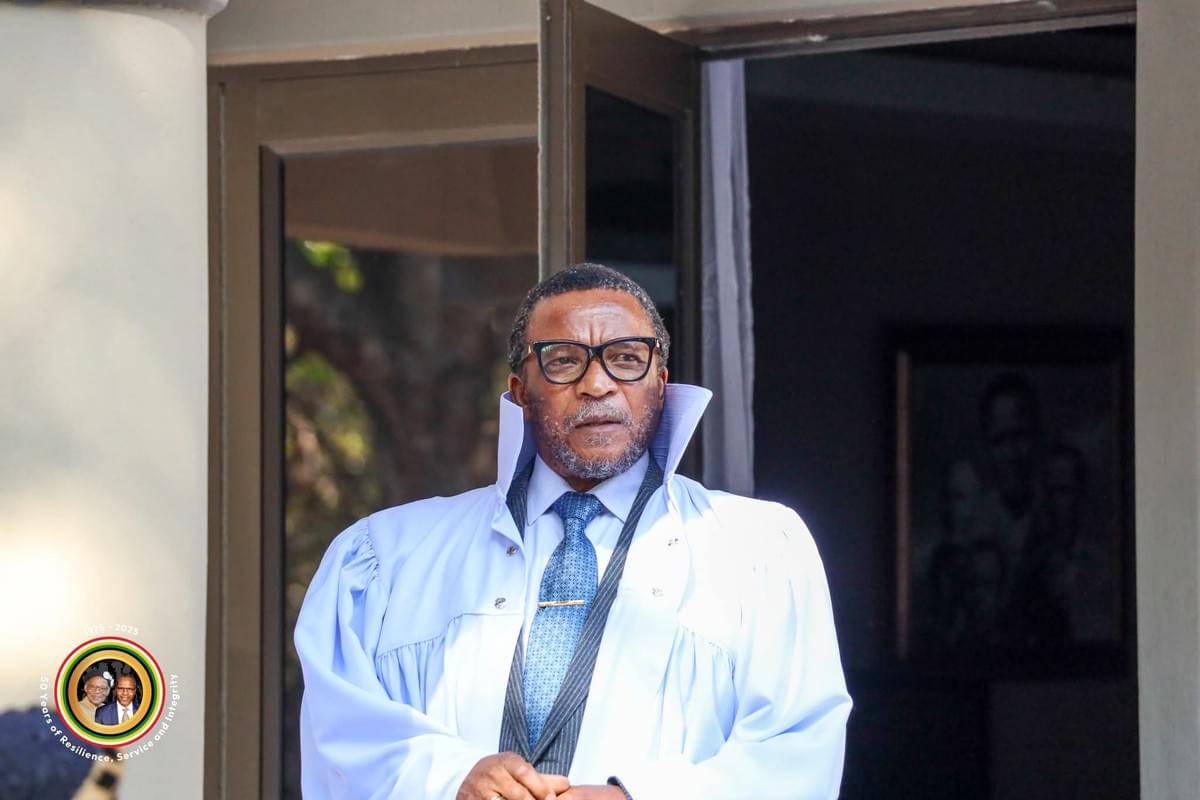
Aaaameeeen Shembe. Bayede Hlabisa. Camagu IFP. You have reminded us that to lead with integrity, one must first bow in reverence.
May our steps always follow the ones who walked before us. And may our future be guided by those who never forgot who we are.
Makubenjalo!!!!

